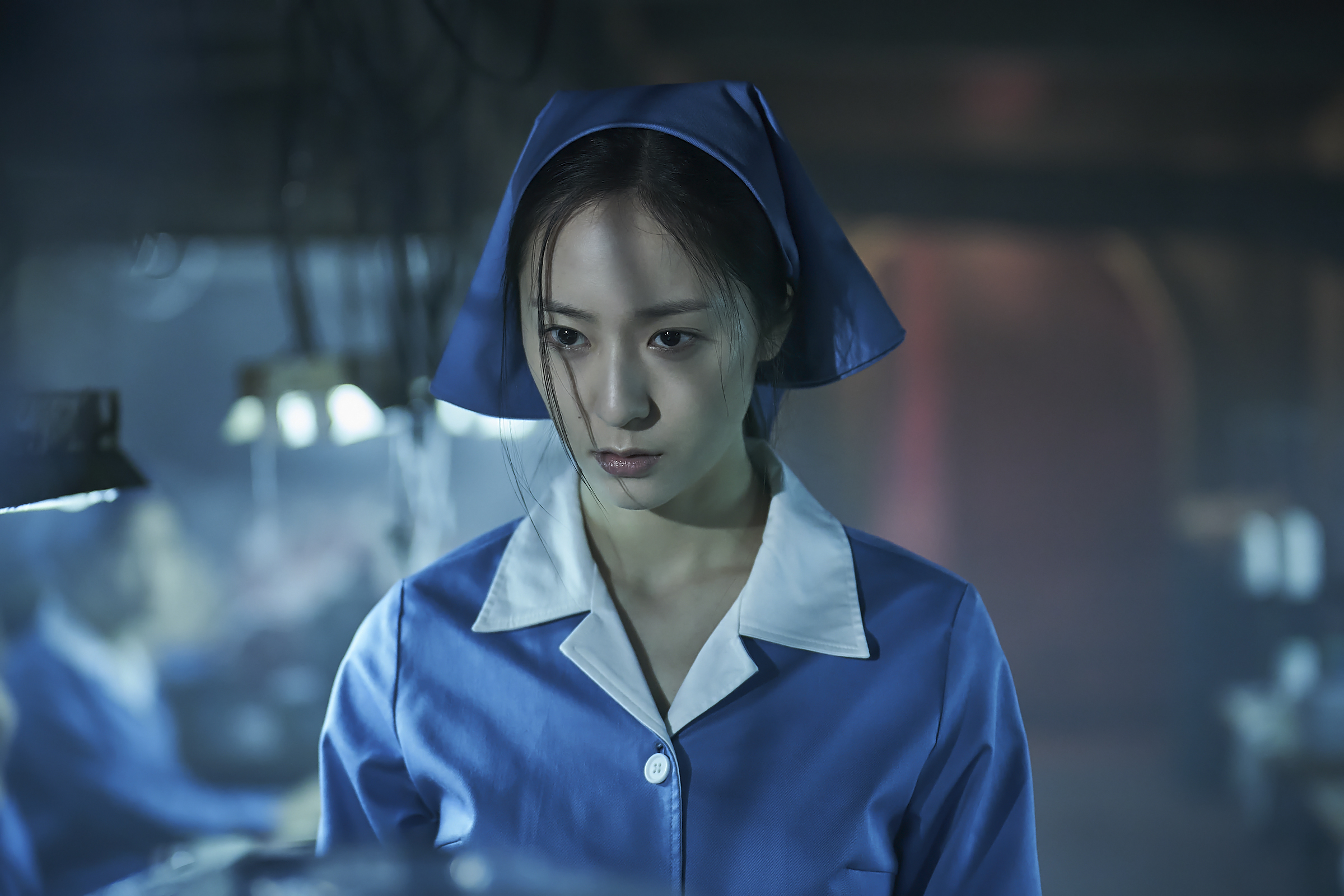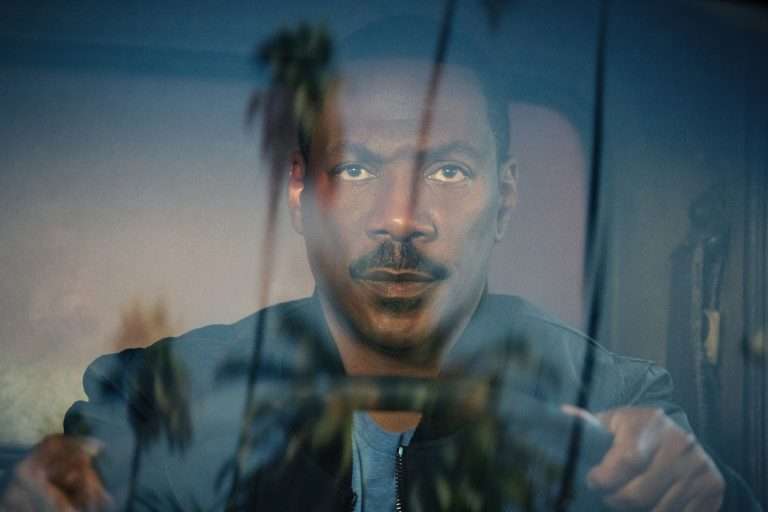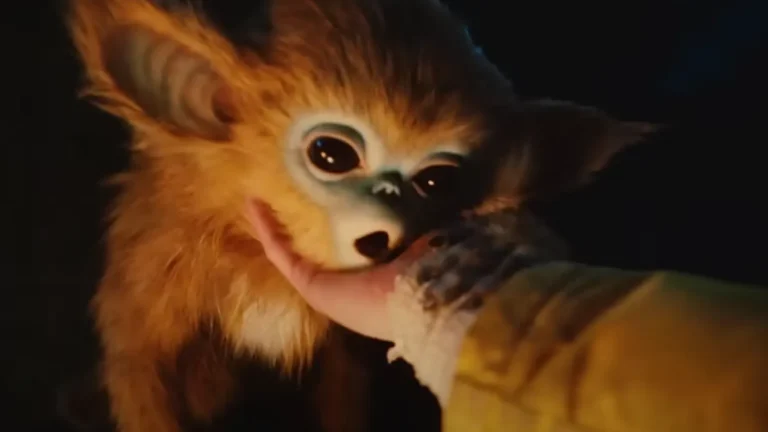A director often takes on the role of the Moirai — the three sisters of fate personified — where one weaves the strings of artistic fate and allots its destiny within a liminal space while hurling it towards an inevitability. Filmmaking is a dynamic and complex art form that demands such indulgent convictions where an idea, no matter how far-fetched or absurd, must be allowed to bloom into narratives meant to intrigue, surprise, or baffle. What happens when this brand of self-absorbed genius is revealed to conceal a deceptive web of lies and secrets, with the director being proven nothing more than a sham? This is at the heart of Kim Jee-woon’s Cobweb (2024), which immerses us in the absurdism of filmmaking as an art, and what it means for a failing director to grasp these notions in a race against time.
Jee-woon has proven his artistic genius over time without a doubt: his grim, folktale-inspired A Tale of Two Sisters paints him as a masterful presence in the horror-thriller genre, while his visceral, uncompromising I Saw The Devil deftly pushes the limits of complex revenge dramas. While Cobweb foregoes the director’s horror-thriller inclinations and embraces a more comedic routine, it also dissects the hidden agendas within the filmmaking industry, along with the inner machinations of a director whose legacy is forever overshadowed by that of his brilliant mentor.
Set in early 1970s South Korea, Cobweb opens with a gritty, noir-esque dream where a ghastly confrontation takes place in this monochrome world. Eventually, Director Kim (Song Kang-ho) jolts wide awake from this recurring vision and decides to make it a reality — a notion that seems impossible while he battles with an all-consuming imposter syndrome and the cruel jab of critics. Kim wishes to reshoot the ending of his latest drama, “Cobweb,” but is met with several problems, including budgetary restraints, censorship concerns, and other practical obstacles that crop up due to this last-minute request. Although his studio president is vehemently against the idea, Kim, with the aid of Mido (the idealistic, comically obsessive heir to the studio), decides to surreptitiously shoot the revised ending against all odds.

The premise of a metanarrative, especially a film within a film, offers some interesting ideas, particularly about artistic integrity in the face of capitalistic studio executives and propaganda-wielding censorship boards. “Film is not a business,” proclaims Mido, who blindly believes in Kim’s subversive vision — perhaps too blindly, as this belief leads to several missteps, all framed within a humorous context, which lends to the comedy of errors strewn across the narrative. Jee-woon also dabbles in the anxiety of influence, where the brilliant shadow of a mentor completely uproots Kim’s ability to believe in himself, but this idea is also turned on its head with the climactic reveal, where Kim is exposed as a sham, and a terribly uninspired one at that.
The drama engulfing the sound stage, which is the focal point of the narrative, feels infinitely less interesting than the actual film that Director Kim wishes to reshoot, where the melodramatic monochrome world exudes a special sense of charm compared to the gritty realities of the film set. While there are some genuinely humorous aspects to the soap opera-esque antics of the cast and crew involved, these sequences come off as too indulgent, too arbitrary, even in the hands of a master filmmaker like Jee-woon. Beyond a certain point, it is difficult to be invested in these characters, who are so obsessively absorbed in their inner worlds, which fail to enmesh convincingly with the macrocosm of the film’s divergent themes.
That being said, the film’s central performance by Kang-ho is immensely commendable, as he perfectly embodies the latent doubts, anxieties, and deceit of a director desperately wishing to elevate his material. His film in question is described as a “grotesque Kafka novel” — while an over-exaggeration, there are elements of the Kafkaesque embedded within Kim’s metanarrative, where menacing spiders spin their spindly webs to grant an aura of horror to the film’s revised ending. The rest feels like meaningless static, too lost in its own convoluted metaphors. By the time the credits roll, we feel like we have emerged from an overly long labyrinthine dream, one we are most likely to forget the moment we wake up.



![Iti Tomari Dhaka [2019]: ‘LIFF’ Review – A Decent Collage of Lives in a Big City.](https://79468c92.delivery.rocketcdn.me/wp-content/uploads/2019/06/MV5BNzEzNThlYmEtMzE1YS00OTQwLWJkZjUtMjZhZWRjNDJmYzc1XkEyXkFqcGdeQXVyNDI3NjcxMDA@._V1_QL50_SY1000_CR0015021000_AL_-768x511.jpg)




